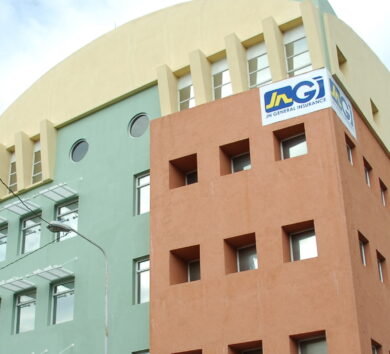

The Bahamas has been urged by the International Monetary Fund (IMF) to “pre-empt” global tax pressures by imposing a corporate income tax designed to suit its own purposes.
The IMF, in a report that has generated much political controversy, is asserting that “the balance firmly tilts” in favour of The Bahamas getting out ahead of the G-20 and Organization for Economic Cooperation and Development (OECD) push for a 15 per cent minimum global corporate tax rate.
Suggesting that The Bahamas “impose that same level of taxation” for itself, the IMF argued that while this would impact the domestic economy, it would also ensure all corporate income tax revenues go to the Government there rather than their counterparts abroad.
The IMF warned that delaying or “abstaining”, from a corporate income tax could “pose reputational risks that can jeopardise the economy”.
While Tribune Business has seen documents that back this finding, well-placed sources are supporting calls by the IMF that The Bahamas impose a personal income tax on so-called “high earners”.
This recommendation was put forward by the IMF on the basis that Bahamian companies could seek to avoid/evade a corporate income tax by switching their profits to salaries paid to shareholders, senior executives and upper management, thus requiring that both company and personal income be taxed.







Comments